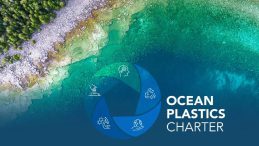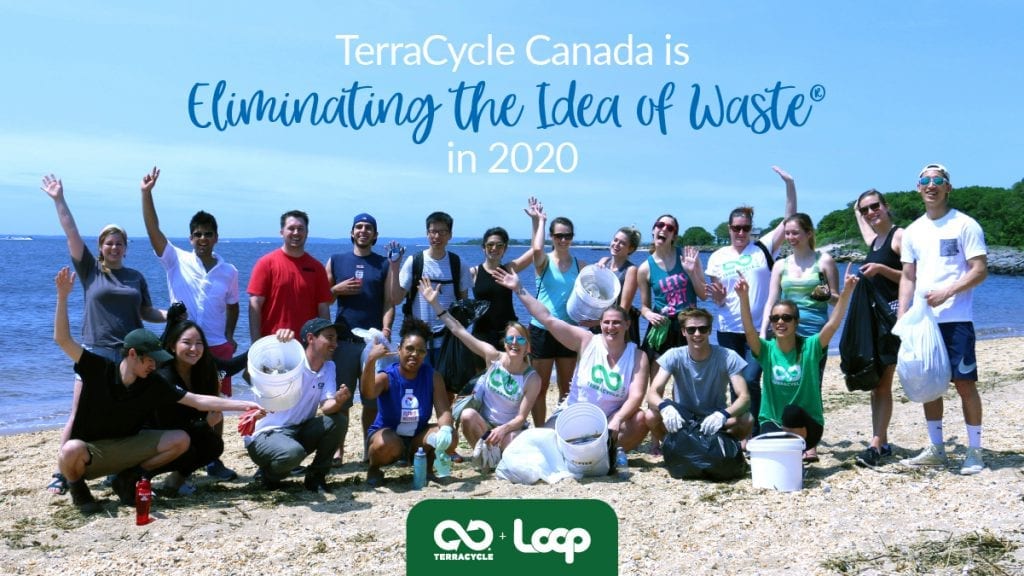
Written by Tom Szaky
TerraCycle CEO & Founder
The single best thing to come out of the recent environmental movement is that the global waste problem has risen to the top of people’s minds. The world is waking up to the fact that most of our public recycling is not actually being recycled, and “single-use” was one dictionary’s Word of the Year in 2018. People are thinking about the things they buy as having a direct impact on the planet, and companies and governments are responding accordingly.
Canada last year hit a milestone of joining what The New York Times called “a growing global movement” with the announcement of its single-use plastics ban. Prime Minister Justin Trudeau said the country would follow the lead of the European Union with a vote to ban items, such as plastic cutlery and cotton-swab sticks, that often end up littered in waterways.
With a current “at best” estimate for plastics recycled in Canada holding at only 10%, this legislation is a key step in a good direction. But as with any initiative, capturing all the factors for success will require input from manufacturers, retailers, all levels of government and the public.
My company TerraCycle is on a mission to eliminate waste through collaboration with each of these stakeholders, tackling the issue from many angles. For one, we have found that nearly everything we touch can be recycled. While due to matters of economics the global recycling industry continues to fall behind, our R&D team has found ways to turn everything from cigarette butts, beach plastic, even dirty diapers into a format that can be used to make new items.
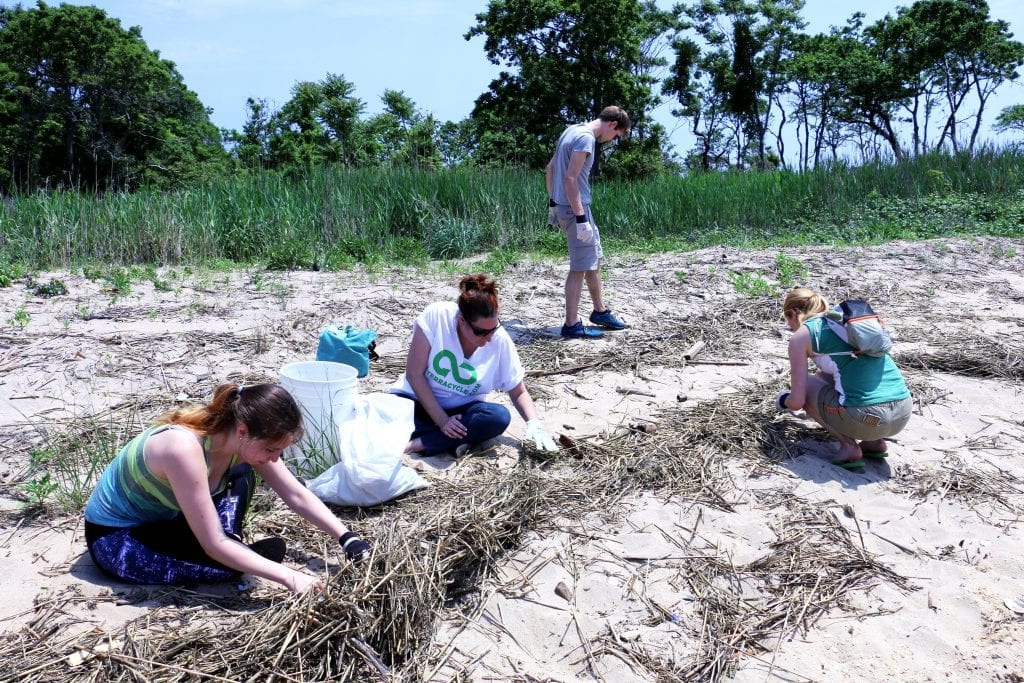

hrough sponsorship with leading consumer brands and retailers, we have been able to work around the limitations of the curbside systems to collect typically non-recyclable items through national, first-of-their-kind recycling programs. In the past year, we launched the country’s first recycling programs for razors and cannabis packaging (coinciding with legalization).
For items that don’t have a brand sponsor, TerraCycle’s Zero Waste Box system allows households and businesses to recycle everything from coffee capsules, to laboratory disposables, to the entire contents of one’s bathroom. Conferences and large events, municipal buildings, schools, and other places where people gather use them to reduce the plastics they send to landfill.
Our growth and continued expansion in 21 countries has been incredibly rewarding to cultivate and witness, but TerraCycle Canada in particular holds a special place to me. Not only is it the first foreign office opened after our US headquarters, it is where I grew up as a Canadian citizen after my family emigrated from Hungary. It’s where we had our first wins for the worm poop business in the company’s beginnings, and the first country we launched cigarette recycling.
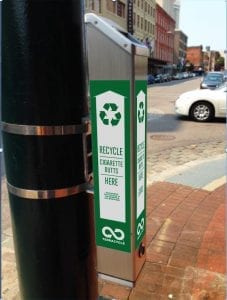

All over the world, leading companies work with us to take hard-to-recycle materials, such as ocean plastic, and turn them into new products. We’ve so far diverted millions of pounds of valuable resources from landfills all over the world, and we’re just getting started.
Our new Loop platform aims to change the way the world shops with favorite brands through refillable packaging offered with convenience and style. Launching in Canada in May, food, beverages, and other household items from trusted brands will be offered in containers made with metal alloys, durable glass, and engineered plastics. We teamed up with Loblaw Companies Limited, Canada’s leading food and pharmacy leader, to be our exclusive retail partner.
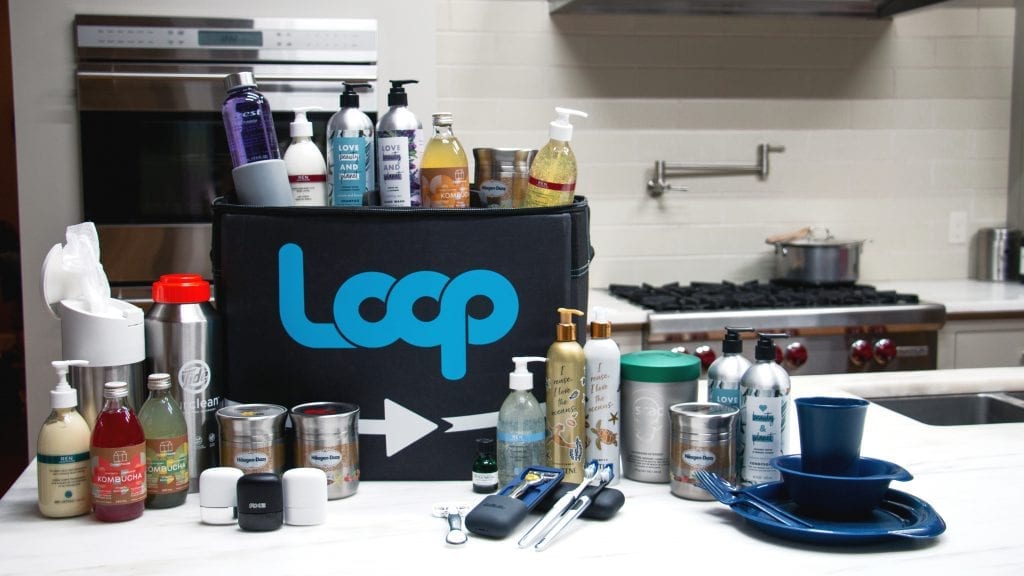

Consumers in the pilot region of Toronto who want to sign up for Loop are encouraged to visit www.buydurable.com to leave their contact information so they can be notified when Loop officially launches and apply to become a participant.
TerraCycle is eliminating the idea of waste in many ways all over the world, but I’m really proud of the success we’ve had in Canada. We look forward to a future of a cleaner, greener Canada, and the opportunity to work with all parties to create a model for sustainability that makes sense for all.


